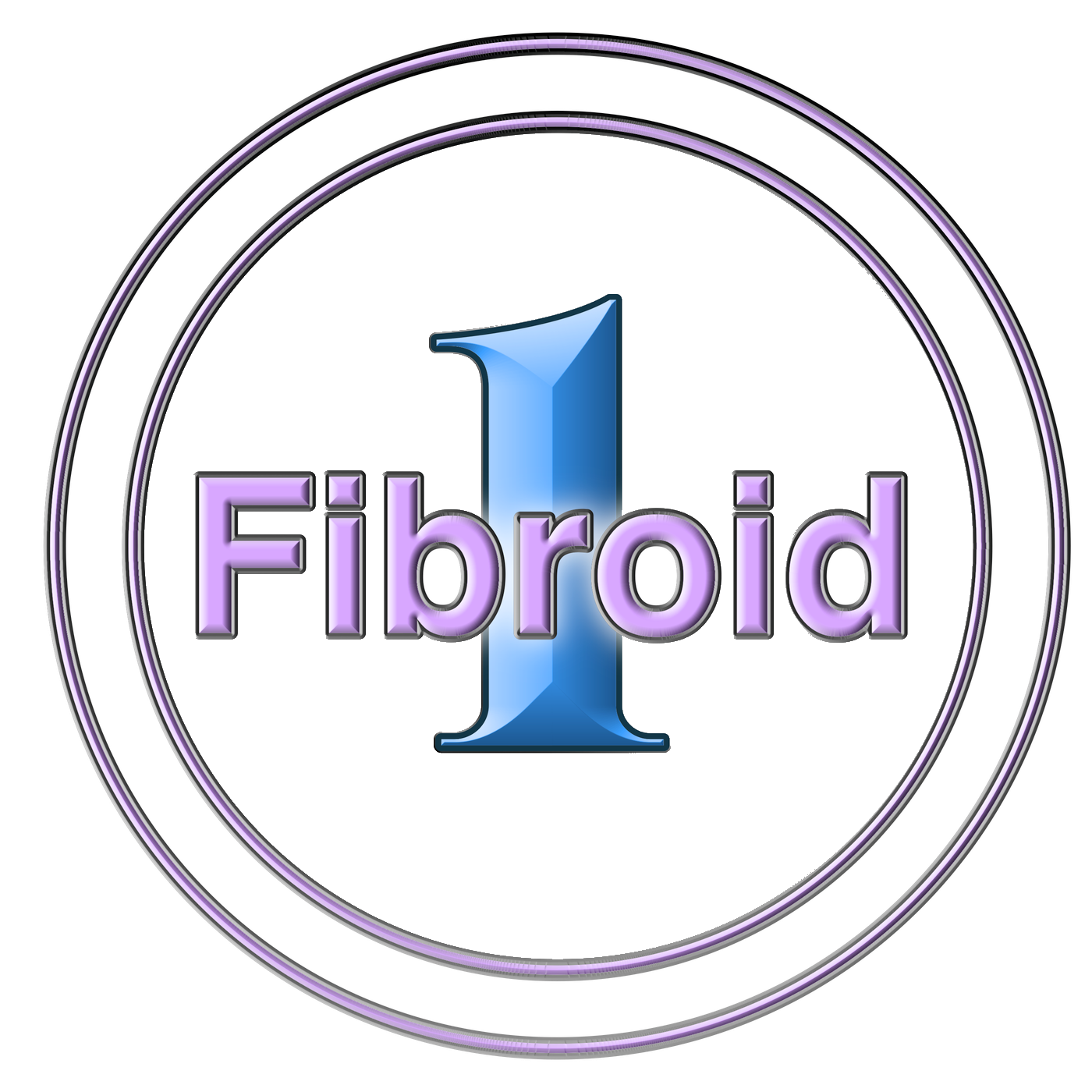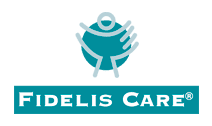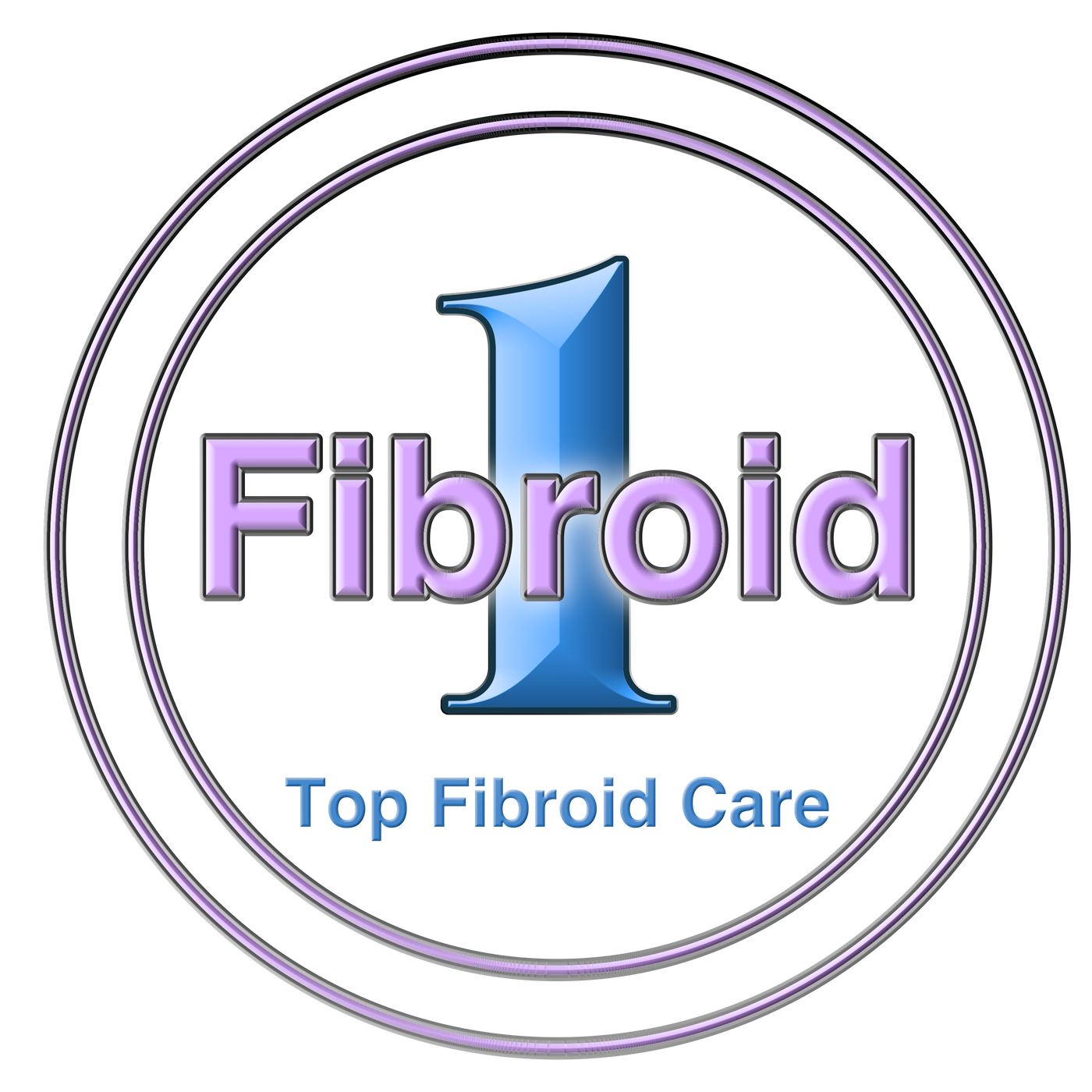For many women, uterine fibroids are a recurring challenge. These non-cancerous growths, which can cause symptoms like heavy menstrual bleeding, pelvic pain, and pressure, often return after treatment, complicating efforts to manage them. Recurrent fibroids can affect not only physical health but also emotional and psychological well-being. While this can feel disheartening, understanding the causes of recurrence and the available treatments can provide a pathway to relief and empowerment.
Why Do Uterine Fibroids Recur?
Uterine fibroids are influenced by hormones, particularly estrogen and progesterone, which fuel their growth. Treatment options like medication or surgery can effectively shrink or remove fibroids, but they don’t eliminate the underlying factors contributing to their development. This is why fibroids often return, especially in women who are not yet menopausal. Common reasons for recurrence include:
- Hormonal Activity: High levels of estrogen and progesterone can stimulate the regrowth of fibroids.
- Incomplete Treatment: Small fibroids that were undetectable during treatment may grow over time.
- Genetic Predisposition: A family history of fibroids increases the likelihood of recurrence.
- Age and Reproductive Hormones: Women in their reproductive years are more prone to fibroid recurrence due to ongoing hormonal activity.
Recognizing the Signs of Recurrence
If you’ve been treated for fibroids in the past, it’s important to be vigilant about the signs of recurrence. These can include:
- Heavy or prolonged menstrual bleeding
- Pelvic pain or pressure
- Bloating or abdominal enlargement
- Frequent urination or difficulty emptying the bladder
- Pain during intercourse
If you notice these symptoms, consult your healthcare provider for evaluation. Early detection of recurrent fibroids can lead to more effective treatment.
Treatment Options for Recurrent Fibroids
While recurrent fibroids can feel discouraging, there are effective treatments available. These options address symptoms and help manage fibroid growth, though the right choice depends on your individual circumstances and health goals.
1. Pharmaceutical Treatments
Pharmaceutical options are often the first line of treatment for managing symptoms associated with recurrent fibroids. These treatments don’t eliminate fibroids but can provide symptom relief.
- Nonsteroidal Anti-Inflammatory Drugs (NSAIDs): Medications like ibuprofen and naproxen can help reduce pain and inflammation caused by fibroids. While they don’t address the underlying condition, they are useful for managing discomfort, especially during menstruation.
- Tranexamic Acid (TXA): TXA is a non-hormonal medication that reduces heavy menstrual bleeding by promoting blood clotting. It is taken during menstruation and is particularly effective for women experiencing excessive blood loss.
- Iron Supplements: For women with anemia caused by heavy menstrual bleeding, iron supplements can help restore healthy red blood cell levels. Addressing anemia can improve energy levels and overall quality of life.
2. Hormone Therapy
Hormone therapy targets the hormonal imbalances that contribute to fibroid growth and symptoms. These treatments can provide temporary relief and, in some cases, shrink fibroids.
- How Hormone Therapy Works: Hormonal medications, including birth control pills, hormonal IUDs, and progestin shots (Depo-Provera), regulate the menstrual cycle and reduce symptoms like heavy bleeding and pelvic pressure. They can also shrink fibroids by lowering estrogen and progesterone levels.
- Potential Side Effects: Hormone therapy may cause side effects similar to those experienced during menopause, such as hot flashes, weight gain, mood swings, and vaginal dryness. Additionally, fertility may be impacted while on certain hormonal treatments.
- Limitations: Hormone therapy does not eliminate fibroids entirely, and fibroids often regrow once treatment stops. For lasting relief, hormone therapy may need to be combined with another treatment option.
3. Uterine Fibroid Embolization (UFE)
Uterine Fibroid Embolization (UFE) is a minimally invasive procedure that treats fibroids by blocking their blood supply. This causes the fibroids to shrink and die, relieving symptoms without the need for surgery.
- How UFE Works: During UFE, a small catheter is inserted into the femoral or radial artery. Tiny particles are then injected into the arteries that supply blood to the fibroids, cutting off their oxygen and nutrients.
- Benefits of UFE:
- No large incisions or general anesthesia required
- Shorter recovery time compared to surgical options
- Treats all fibroids simultaneously, reducing the risk of recurrence
- Who Should Consider UFE: UFE is an excellent option for women seeking long-term relief without undergoing surgery. It is especially beneficial for women who are not planning to conceive, as its impact on fertility is still being studied.
Preventing or Reducing the Risk of Recurrence
While no treatment can guarantee that fibroids won’t return, certain lifestyle changes may help reduce the risk of recurrence and improve overall health:
1. Maintain a Healthy Weight
Excess body fat can lead to higher estrogen levels, which may promote fibroid growth. Regular exercise and a balanced diet can help manage weight and lower hormone-related risks.
2. Follow an Anti-Inflammatory Diet
A diet rich in fruits, vegetables, whole grains, and lean proteins can reduce inflammation and support overall health. Foods high in antioxidants, such as berries and leafy greens, and omega-3 fatty acids from fish or flaxseeds, may also be beneficial.
3. Limit Processed Foods and Red Meat
Some studies suggest that high consumption of processed foods and red meat is associated with increased fibroid growth. Replacing these with plant-based proteins or lean meats can help.
4. Manage Stress
Chronic stress can disrupt hormone balance and contribute to fibroid growth. Practices like yoga, meditation, and deep-breathing exercises can help reduce stress levels.
5. Regular Monitoring
After treatment, schedule regular follow-ups with your healthcare provider to monitor for signs of recurrence. Early intervention can prevent symptoms from worsening.
Emotional Support and Advocacy
Recurrent fibroids can take an emotional toll, leading to feelings of frustration, anxiety, or helplessness. It’s important to address the emotional impact alongside the physical symptoms:
- Seek Support: Join support groups or connect with others who have experienced fibroid recurrence.
- Talk to a Mental Health Professional: Therapy can provide tools for managing stress and emotional challenges.
- Educate Yourself: Understanding your condition empowers you to make informed decisions and advocate for your care.
1Fibroid in New York is Here to Support You
Managing recurrent uterine fibroids can feel like an uphill battle, but with the right combination of treatments, lifestyle changes, and emotional support, relief is possible. Pharmaceutical treatments, hormone therapy, and Uterine Fibroid Embolization (UFE) all offer effective ways to address symptoms and regain control over your health. At 1Fibroid, we are committed to providing compassionate care and minimally invasive solutions like UFE to help women navigate their fibroid journey with confidence and hope.
If you’re struggling with recurrent fibroids, call 1Fibroid today at 212-991-9991 to learn more about UFE and how it can help you achieve long-term symptom relief.












